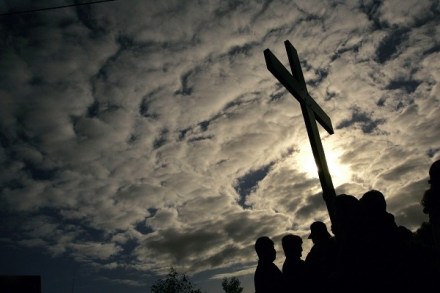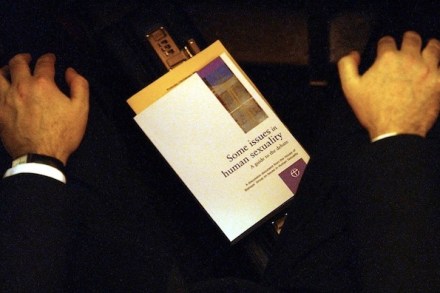Ulster’s Orangemen show that Britain can do internecine vindictiveness too
This all looks terribly good fun, don’t you think? Spectacular towers which will make wonderful bonfires: it must have taken them ages. My only caveat is that they are all in Northern Ireland. Is there no enterprising alliance over here which might do something similar to celebrate the glorious military success of King William of Orange? One looks in despair at the Church of England, which would almost certainly cavil at such a celebration – but perhaps some of our more Presbyterian churches might set something up? It is important to remember at a time when there’s all this nastiness going on between the Sonny and Cher Muslims (“I got



















